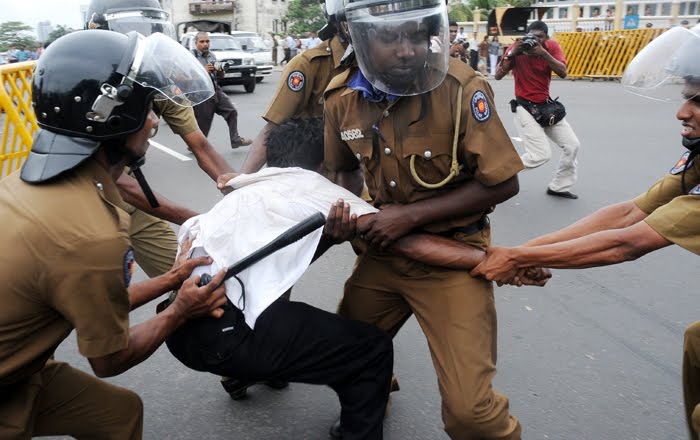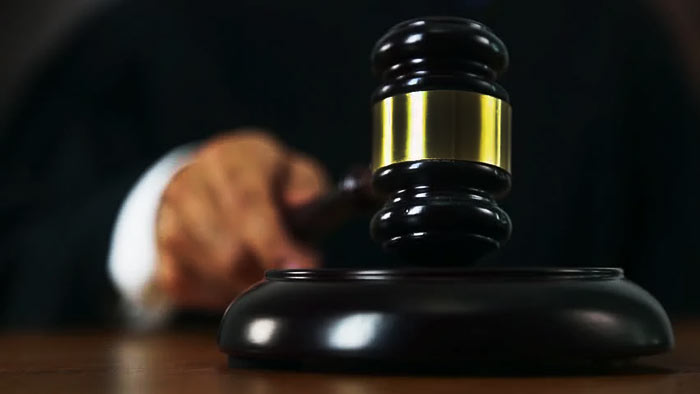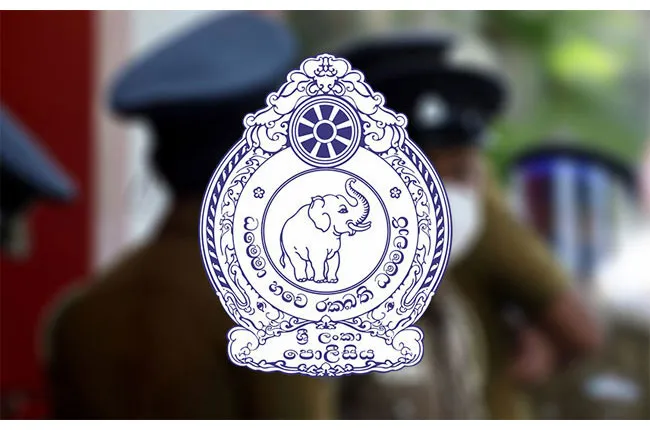Today as we mark the International Day in Support of Victims of Torture, we the
undersigned express grave concern about the increasing use of torture in Sri Lanka.
During the last year, we witnessed the COVID-19 pandemic cause unimaginable challenges to Sri Lankans. In this context of deep instability and uncertainty, Sri Lankan citizens have been made to feel more insecure through the increasing use of violence by the police.
SLCAT recognizes at least 30 reported incidents of torture, 22 and 5 custodial and extra judicial deaths between the period April 2020 to April 2021. The support required for victims and their families is greater during these challenging times and the lack of special focus on victims and potential victims by government authorities has been a grave failure.
Torture is a systemic problem, as illustrated by numerous Supreme Court decisions as well as reports of the Human Rights Commission of Sri Lanka, and it requires strong commitment on the part of the government to eradicate; commitment which successive governments have failed to illustrate through meaningful action.
Victims of torture and their families endure multiple challenges and require a wide range of support. We recognize that many factors prevent people, particularly those from marginalized, discriminated and vulnerable groups, from making complaints or accessing support. Those who lodge official complaints endure further hardships – victims face threat and intimidation and reprisals, victims are subjected to public humiliation and social ostracization, victims face fabricated criminal charges and are compelled to endure protracted litigation. Victims are also subjected to insensitive and, often times, judgmental administrative and legal processes and are not assured of securing justice and being adequately compensated for their loss and cost of seeking justice. Other than making formal complaints, accessing other forms of support is near impossible. State mechanisms for meaningful protection and support for recovery also do not exist. We, as a country and as a society, must reiterate our commitment to addressing these challenges on this day.
Of grave concern is the steady erosion of respect for the rule of law and protection for human rights. In particular, encounter killings, allegations of torture and custodial deaths, including the use of violence against prisoners, demonstrate that citizens cannot expect their rights to be protected. Instead, they fear the very authorities who are duty bound to protect them. Particularly during a pandemic, when the rights of citizens are restricted due to health reasons such incidents can increase public anxiety and unrest.
While being mindful of the stress under which police officers are placed, we reiterate that the challenges the police face can never be justification for the violation of Constitutionally protected rights of citizens.
The contempt shown by the current government for the rule of law is demonstrated by its enabling of the arbitrary and discriminatory use of the law in favor of the powerful and privileged and against those who are marginalized, critics of the government and dissenters. This has had a commensurate impact on the sense of impunity with which the police function. The outcome of this is exhibited through the increasing number of custodial violations.
We highlight that already marginalized and vulnerable groups, such as low income, ethnic and religious minorities and LGBTIQ persons are at heightened risk of being subjected to arbitrary arrests and detention. This is of particular concern because the lack of effective remedies to victims of torture has been exacerbated by the promulgation of the 20th amendment to the Constitution, which has undermined the independence of the judiciary and oversight institutions such as the Human Rights Commission of Sri Lanka. The Supreme Court decision of May 2021 on the torture and custodial death of Sandun Malinga has highlighted the pivotal role multiple actors, such as magistrates and Judicial Medical Officers (JMOs) play in preventing torture, and how their failure to fulfill their duties can enable torture and further entrench impunity.
The existence of laws, such as the Prevention of Terrorism Act, which does not adhere to basic human rights standards, and places the onus on the defendant to prove the confession was obtained under duress, enable torture. This has been well documented in
the report of the national study of prisons of the Human Rights Commission of Sri Lanka. Other laws, such the Vagrants Ordinance and Penal code provisons criminalizing of same sex relations, also contribute to a culture of criminalising certain social groups by law enforcement with impunity.
While we acknowledge that the continued impunity enjoyed by the perpetrators of torture is a result of the failure of successive governments to take adequate action to investigate and prosecute those accused of torture, the responsibility of the current
government for, and its role in the worsening of custodial violations cannot be denied. As citizens of Sri Lanka, in our capacities as family members and by-standers and human rights defenders we pledge our commitment to stand with and ensure access to support and justice to victims and their families.
We call upon the government to respect the rule of law and the fundamental rights of citizens enshrined in the Constitution of Sri Lanka. To give effect to these rights we demand immediate government action to stem the rising tide of impunity and increasing custodial violations, especially torture. Meaningful government action should include adoption of formal policies of zero tolerance of torture, formal condemnation of the use of torture by state officials, particularly the police and prison officials, independent inquiries into allegations of torture and the prosecution of those responsible, and support for victims.




